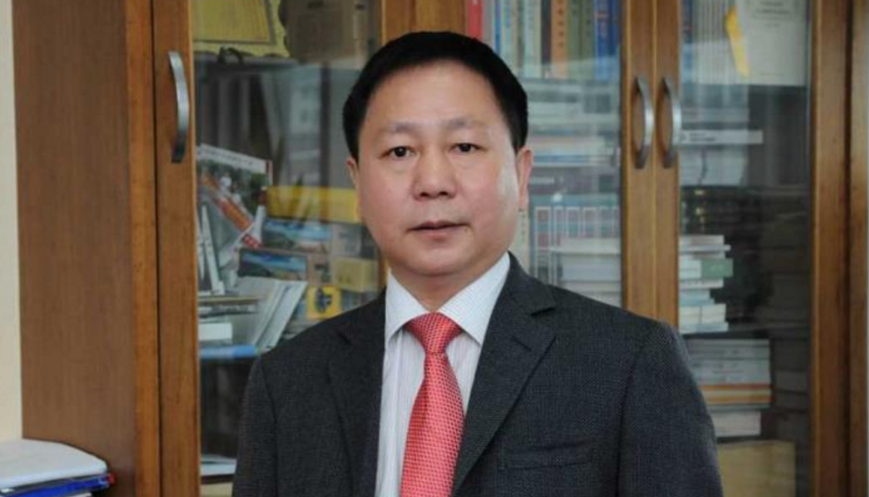
The Two Sessions of 2020 were successfully convened this week, indicating that under the strong leadership of the Party Central Committee with Comrade Xi Jinping at its core, China has achieved significant strategic results in its pandemic prevention and control blockade. This also implies that, while ensuring the prevention and control of the pandemic, promoting full economic and social recovery and long-term development will be at the core of the government's priorities and policy propositions in the next phase. In this regard, as the most counter-cyclical adjustment function, the fiscal policy trend is of particular concern to the whole society. Encouragingly, In yesterday's government work report, Premier Li Keqiang announced a series of combined fiscal policies, including raising the level of fiscal deficit, issuing trillions of special national bonds, establishing a special transfer payment mechanism directly to the grassroots level in cities and counties, vigorously optimising the fiscal expenditure structure, and continuing to increase tax and fee cuts, with an additional 2.5 trillion yuan of burden reduction for the year. Premier Li proposed to make the "active fiscal policy more active". In terms of the depth and breadth of policy measures, the current policy mix can be described as the most active fiscal policy in the past two decades, which fully reflects the Central Government's firm determination and will to deal with the impact of the pandemic. It also demonstrates that, in the face of COVID-19, the most serious public health emergency since the founding of P.R.China, and its serious impact and widespread influence on the economy, society and markets, only an extraordinary policy effort can serve to stabilise social expectations and boost market confidence.
It is important to note that while the current fiscal policy mix is "active", the details of the policy arrangements also give us a greater sense of the government's "pragmatic" approach. For example, Premier Li talked about vigorously optimising the structure of fiscal expenditure, he requested governments at all levels to trim their budgets, and for the central government to take the lead in reducing general expenditure arrangements, including negative growth in the central government's own expenditure arrangements. He proposed that all government expenditures must be fine-tuned, and every amount of expenditure must be spent on the cutting edge and in tight places. On the other hand, Premier Li requested that expenditure on people's livelihood at the grassroots level should only be increased, and that expenditure in key areas should be effectively protected, so that market entities and the people could have a genuine feeling. Both the “increasement” and “reduction” have fully demonstrated the Government's practical commitment and firm commitment to the people. Another example is that when Premier Li talked about continuing to increase the efforts to reduce taxes and fees this year, he proposed to help market entities in relieving their difficulties. The two sessions proposed to address the "pain points" of micro-entities operating in the context of the epidemic, proposing to extend until the end of this year all preferential policies for MSMEs, including the exemption of MSMEs from unit contributions for pension, unemployment and work injury insurance, VAT exemption for small-scale taxpayers, VAT exemption for public transportation, catering and accommodation, tourism and entertainment, cultural and sports services, and the exemption of the Civil Aviation Development Fund and port construction fees. " Leave the green hills to win the future" reflects the government's commitment to market entities and also fully demonstrates its firm determination to overcome the difficulties together with the community. We firmly believe that with the support of a proactive and pragmatic fiscal policy, our economic and social development will achieve a rapid and strong recovery and usher in an even better future!
